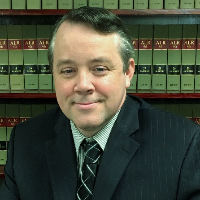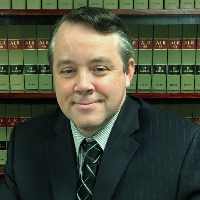Owens Cross Roads Misdemeanor Lawyer, Alabama
Sponsored Law Firm
-
 x
x

Click For More Info:
-
The Moore Firm, LLC
917 B Merchants Walk Huntsville, AL 35801» view mapCriminal Defense Law Assertive. Dedicated. Thorough.
The Moore Firm, LLC knows how to interpret Alabama law to your best advantage. Our lawyers are passionate about their work and fearlessly strive for the results you require.
800-899-8050
Not enough matches for Owens Cross Roads Misdemeanor lawyer.
Below are all Owens Cross Roads Criminal lawyers.
Shannon Matthew Moore
✓ VERIFIEDEstate Planning, Divorce, Personal Injury, Criminal, Mass Torts
We are dedicated to maximizing results for our clients!
Shannon Moore was born in Huntsville, Alabama. He is a graduate of Grissom High School and he received his undergraduate degree from the University of... (more)
FREE CONSULTATION
CONTACTFREE CONSULTATION
CONTACTMichael Louis Mannor
Criminal, Divorce & Family Law, Lawsuit & Dispute, Social Security
Status: In Good Standing Licensed: 11 Years
Melissa Christine Schultz-Miller
Traffic, Lawsuit & Dispute, Divorce & Family Law, Criminal
Status: In Good Standing Licensed: 10 Years
Christina Lee Dixon
Traffic, Family Law, Criminal, Personal Injury
Status: In Good Standing Licensed: 22 Years
Russell Wilson Crumbley
White Collar Crime, Estate Planning, Wrongful Death, Divorce, Bankruptcy
Status: In Good Standing Licensed: 26 Years
FREE CONSULTATION
CONTACTGary Vestal Conchin
Mass Torts, Workers' Compensation, Divorce, Felony, Accident & Injury
Status: In Good Standing Licensed: 45 Years
 Shannon Moore Huntsville, AL
Shannon Moore Huntsville, AL Practice AreasExpertise
Practice AreasExpertise

